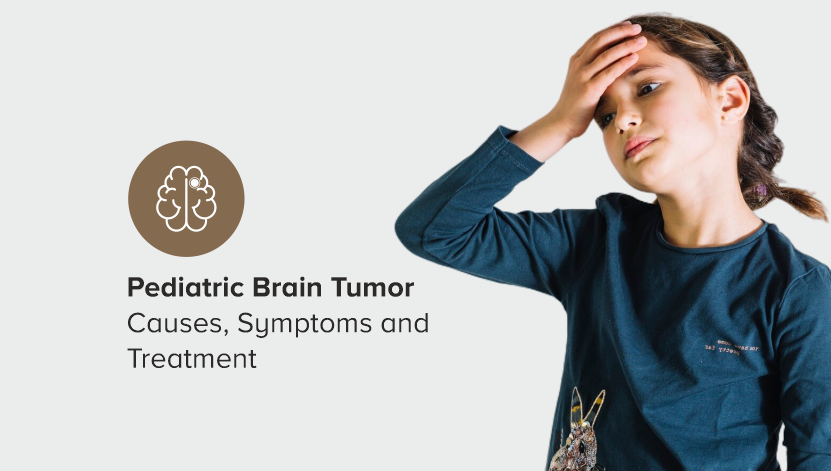Brain tumors in children are a distressing diagnosis for any parent to face, yet advancements in medical science have brought new hope and possibilities for treatment. Pediatric brain tumors are masses or growths of abnormal cells that occur in a child's brain or the tissue and structures that are near it. Many different types of pediatric brain tumors exist, some benign (noncancerous) and some malignant (cancerous), each with its unique challenges and treatment approaches.
